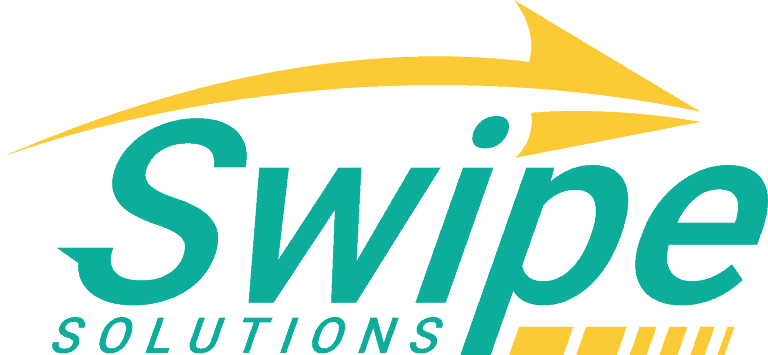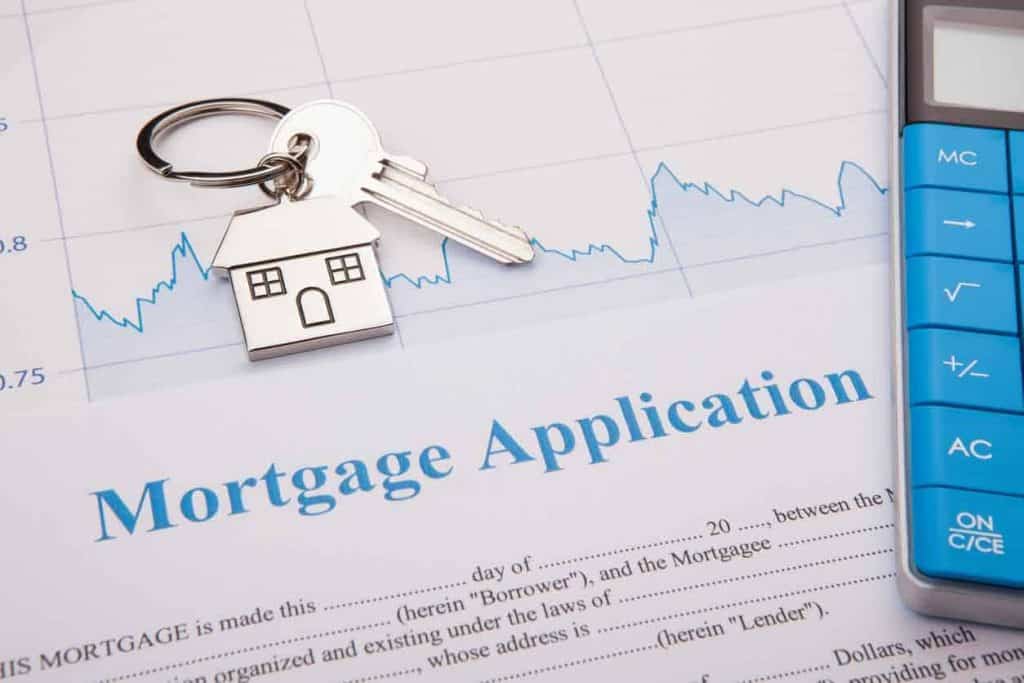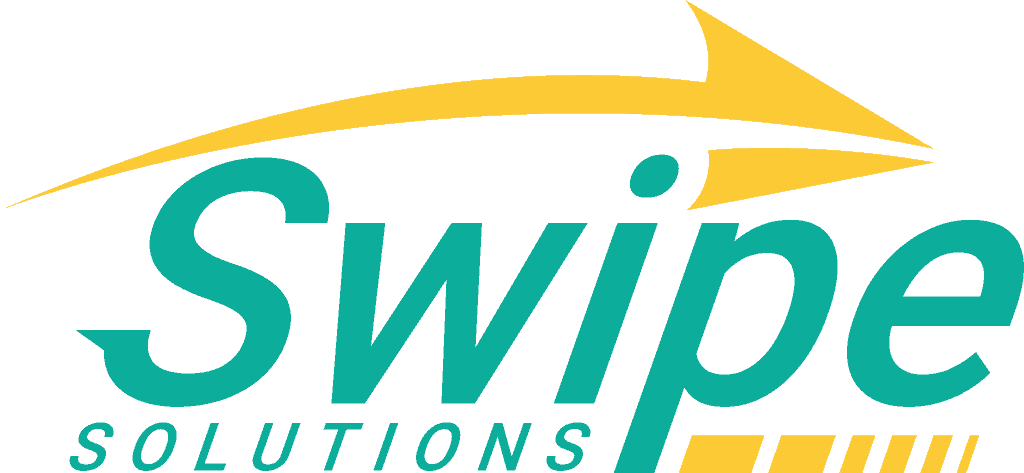From time to time, money is tight for most people. You may need money to help a child pay for college. If a family member develops a chronic illness, you may need money to pay for medications or treatments that insurance may not cover. Alternately, you may want to make home improvements that you cannot afford. For any major expense, one option that some homeowners have is a cash-out refinance. This guide will help you understand how it works.
What Is a Cash-Out Refinance?
When your home is worth more than you owe on your mortgage, the difference is your equity. If you want to access some of your equity, a cash-out is a way to accomplish that.
A cash-out is similar to regular refinancing. However, you also get a lump sum of money. According to Zillow, the new loan is for a larger sum than what you owe. For example, imagine that your home is worth $750,000. You owe $250,000. Your new lender will extend up to 80% of the home’s value, which is $600,000. Your current lender will get $250,000 of that to pay off your existing mortgage, and you will have $350,000 to spend.
What Can I Do With the Money?
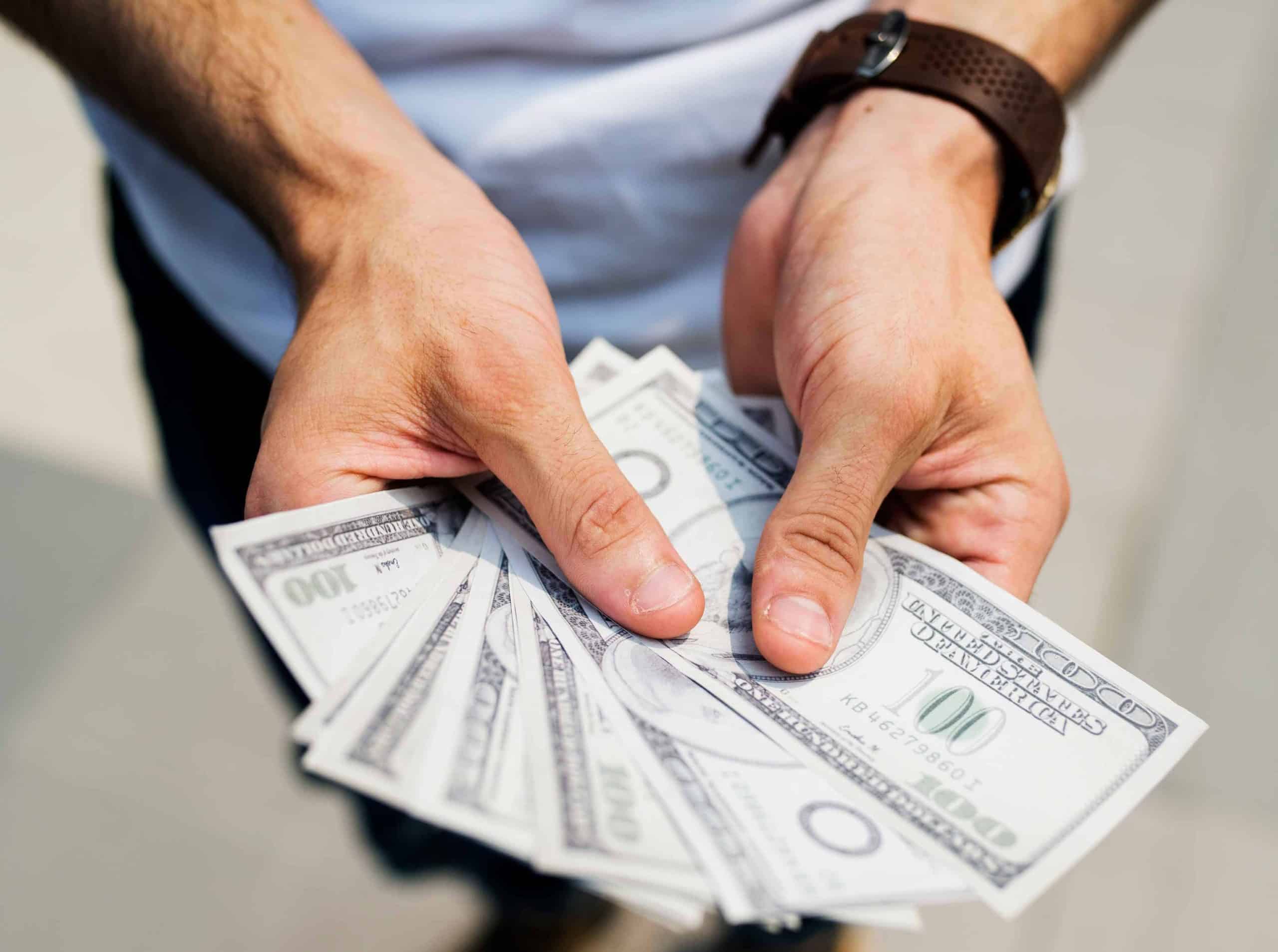
If you qualify for this type of refinancing, you can usually spend the funds on anything. People often use funds for high-interest debt consolidation, medical expenses and more.
The ideal option is to use it to reinvest in your home. For example, you may want to make some more efficient updates. If you spend the money on improvements that increase your home’s resale value, that will benefit you more in the future than spending the funds on something else.
There is also a limited cash out option. The VA and Fannie Mae are two examples of entities that may offer this type of loan product. Limited cash outs may only be granted for specific purposes such as building a new home, paying an existing mortgage, paying a subordinate mortgage lien or similar issues. With a limited cash out, you usually get a much smaller amount of money.
Will I Get a Better Interest Rate?
You may get a better fixed rate if interest has dropped and your credit has improved since you obtained your original mortgage. As Bankrate says, rates may be slightly higher with the cash out option versus traditional refinancing.
When a lender offers you a bigger mortgage that also includes a sum of spending money, it creates a different type of risk profile for the lender. Also, if the lender exceeds the suggested maximum 80% loan-to-value ratio, there is another type of risk profile. The LTV ratio is what you owe in comparison to your home’s current value. Smaller equity amounts are typically associated with higher interest rates.
Your debt-to-income ratio is another important factor in determining your interest rate. While lenders are concerned about credit scores, history is just as critical as it is with an original mortgage. If you have new collection accounts or other debts that you acquired since your mortgage, you may be offered a higher rate. If possible, consider paying down credit card balances before you apply for a cash out loan.
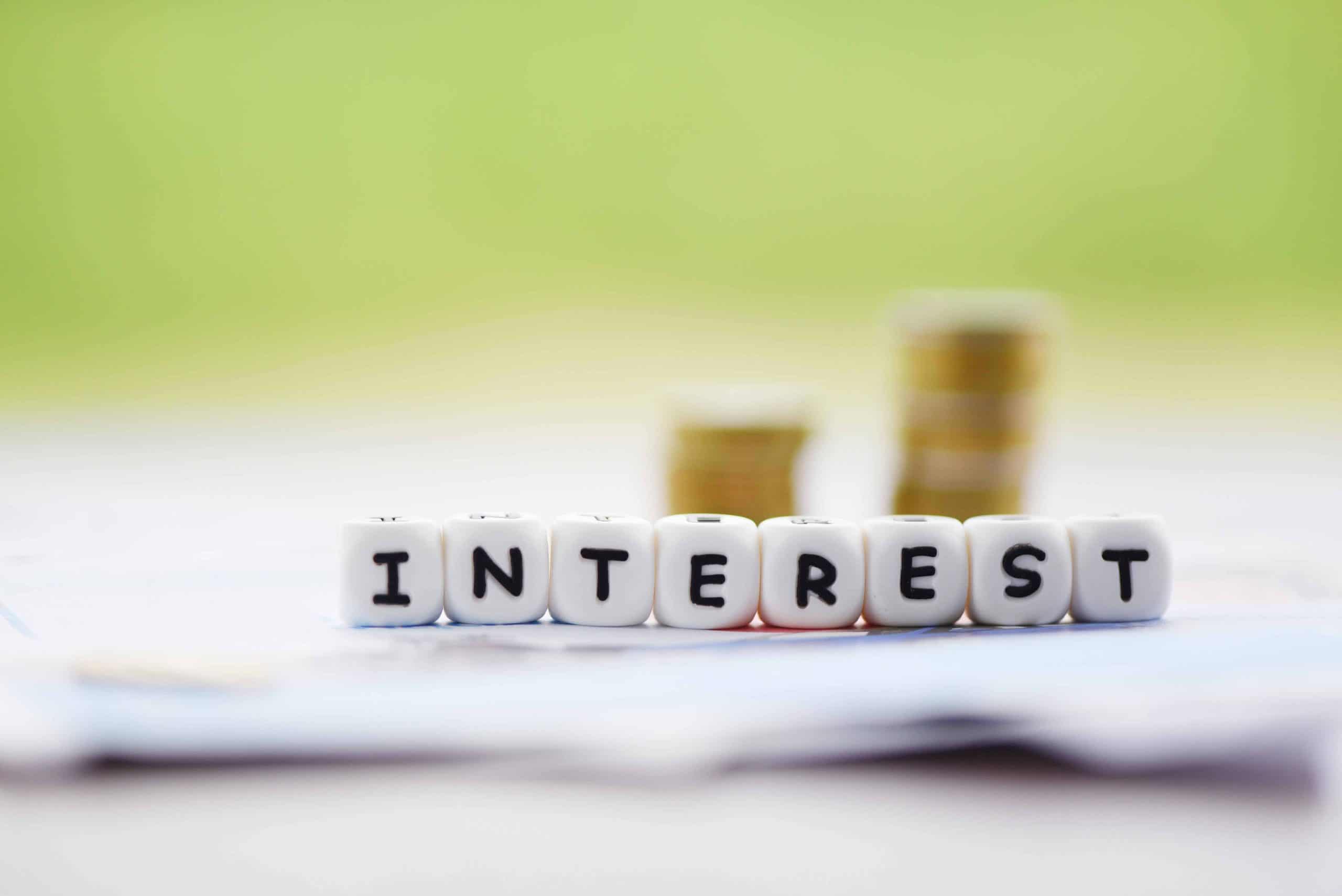
Are There Hidden Costs?
Plan on paying closing costs with a cash out. Closing costs are usually between 3% and 6% of the loan.
There may be other costs after closing that you did not consider. In the previous section, you learned about possibly paying a higher interest rate with a lower equity percentage. In addition to that, you may have to pay mortgage insurance. If you did not have a sizable down payment for your initial mortgage, you probably had to have mortgage insurance. Be sure to ask about this possibility before you start the loan process.
Am I a Qualified Candidate?
Each lender may have different rules for equity and how much they will offer. For example, you may qualify for up to 80% of your home’s value with one lender. However, if you have an FHA loan, you may qualify for up to 85%.
While the rules for approval may vary slightly from one lender to another, these are some goals that you should work toward:
- Having a credit score of at least 640.
- Having a debt-to-income ratio of 35% or lower.
- Having a loan-to-value ratio of 70% or lower.
- Obtaining tax returns and income information for the past few years.
- Verifying that you did not have any late payments within the past 12 months.
As mentioned in previous sections, the LTV ratio may be 80% or more for some loans. However, in terms of interest rate possibilities, 70% is a better LTV ratio goal to strive for. As your LTV gets higher, you can expect a higher interest rate. While an excellent credit score may help, the LTV ratio is one of the most important factors.
Is a HELOC the Same?
No, a home equity line of credit is not the same. According to Bank of America, the main difference is that while a cash out pays off or replaces your existing mortgage, a home equity line of credit is taken out in addition to your existing mortgage. Think of it as a second mortgage.
A line of credit is similar to a credit card. The lender gives you a certain limit that you can spend, and you do not have to borrow the entire amount. If you are not sure exactly how much you will need, this gives you the chance to spend money as needs arise. In addition to that flexibility, these are some benefits:
- Closing costs are low or may be waived.
- There are rate caps for variable interest rates.
- While rates are normally variable, they can be lower over time.
In comparison with a HELOC, a cash out may be a better option if your budget demands the predictability of a fixed monthly payment with a fixed interest rate. However, a few lenders offer a type of hybrid HELOC with a fixed rate. The interest on both options may be at least partially tax deductible. You should speak with your tax adviser before you make a decision.
Is a Cash Out Loan Right for Me?
Risk is one of the most important concerns with cash outs. If you cannot afford a higher monthly mortgage payment, a cash out may not be right for you. Remember that your home is the collateral.
To help you determine if this option may work for you, take these steps first:
- Verify your equity and payoff amount.
- Make a list of your monthly expenses.
- Figure out how much extra you can comfortably afford to pay on a mortgage.
- If the money will be spent for improvements, estimate the value that they will add to your home.
- Find out how much you will have to pay for fees or closing costs.
- Find out if you will have to pay mortgage insurance.
Only you can decide if a cash out loan is right for you. Keep in mind that the money should be used for something that will add value. In the past, people often spent the money on unnecessary vacations. When the housing market suffered, many of those people had loans that were worth more than their properties. If you need money for necessary medical treatment, the risk of losing your home may not seem as important. A professional can help you determine if a cash out is the right choice and can explain your options to you in more detail.
Conclusion
In addition to a cash out refinance, you may qualify for a personal loan or a home equity loan. These may work if you do not need as big of a sum. However, a cash out gives you a fixed interest rate, a predictable monthly payment and an upfront sum of money to cover your desired purchase. If you use the money wisely, it can even benefit you in the future. What would you use your cash out funds for? Please let us know in the comments.
